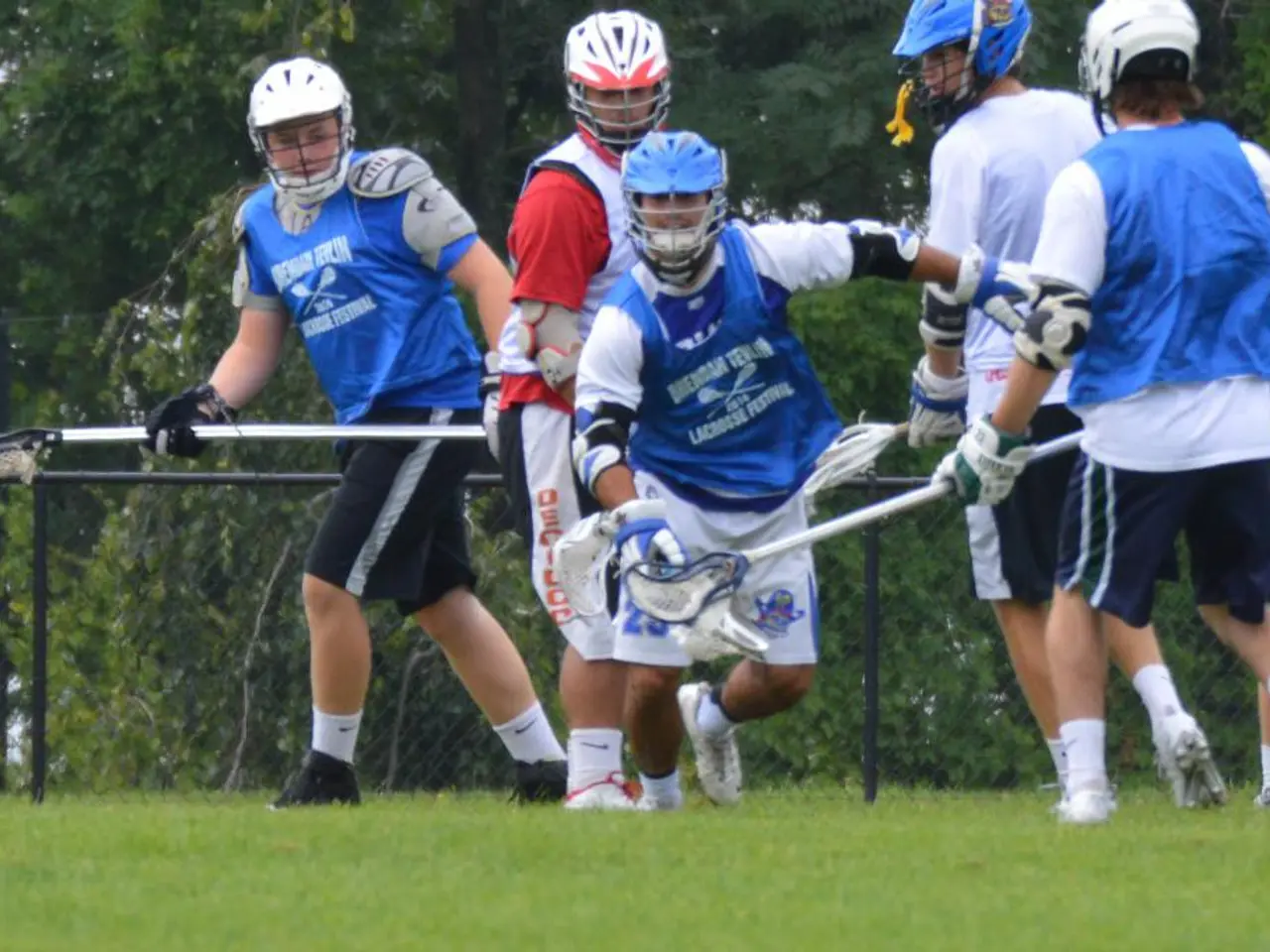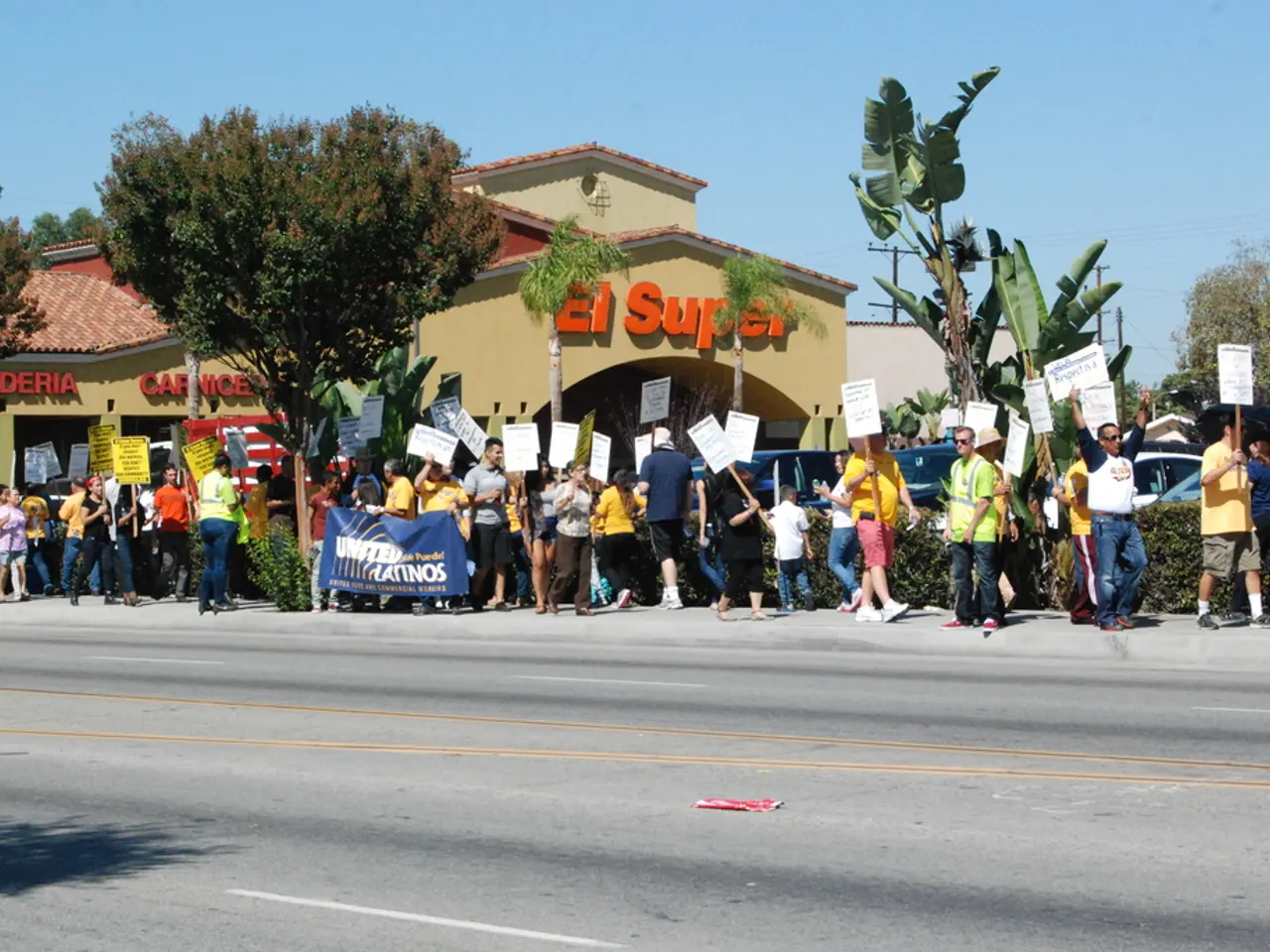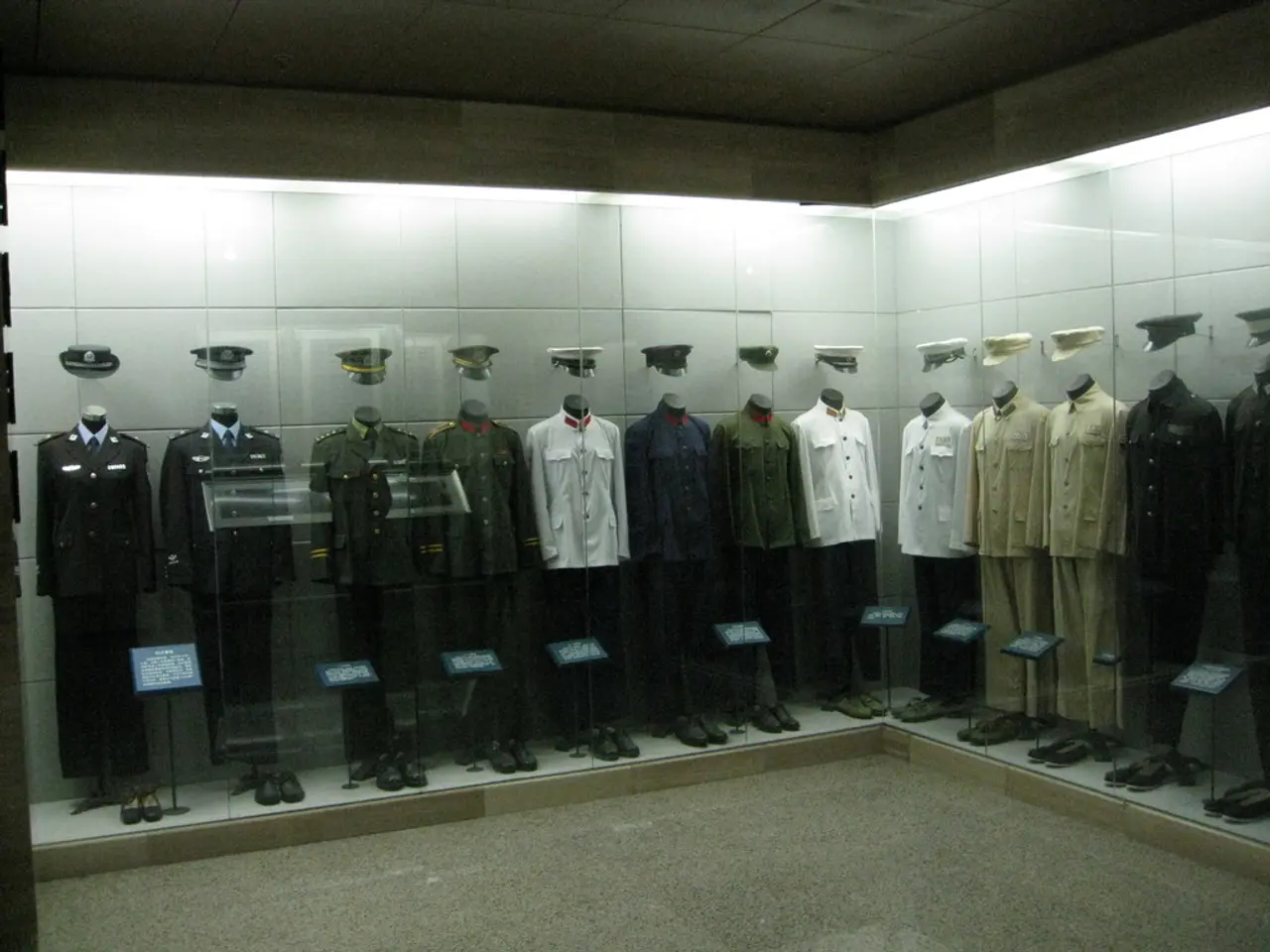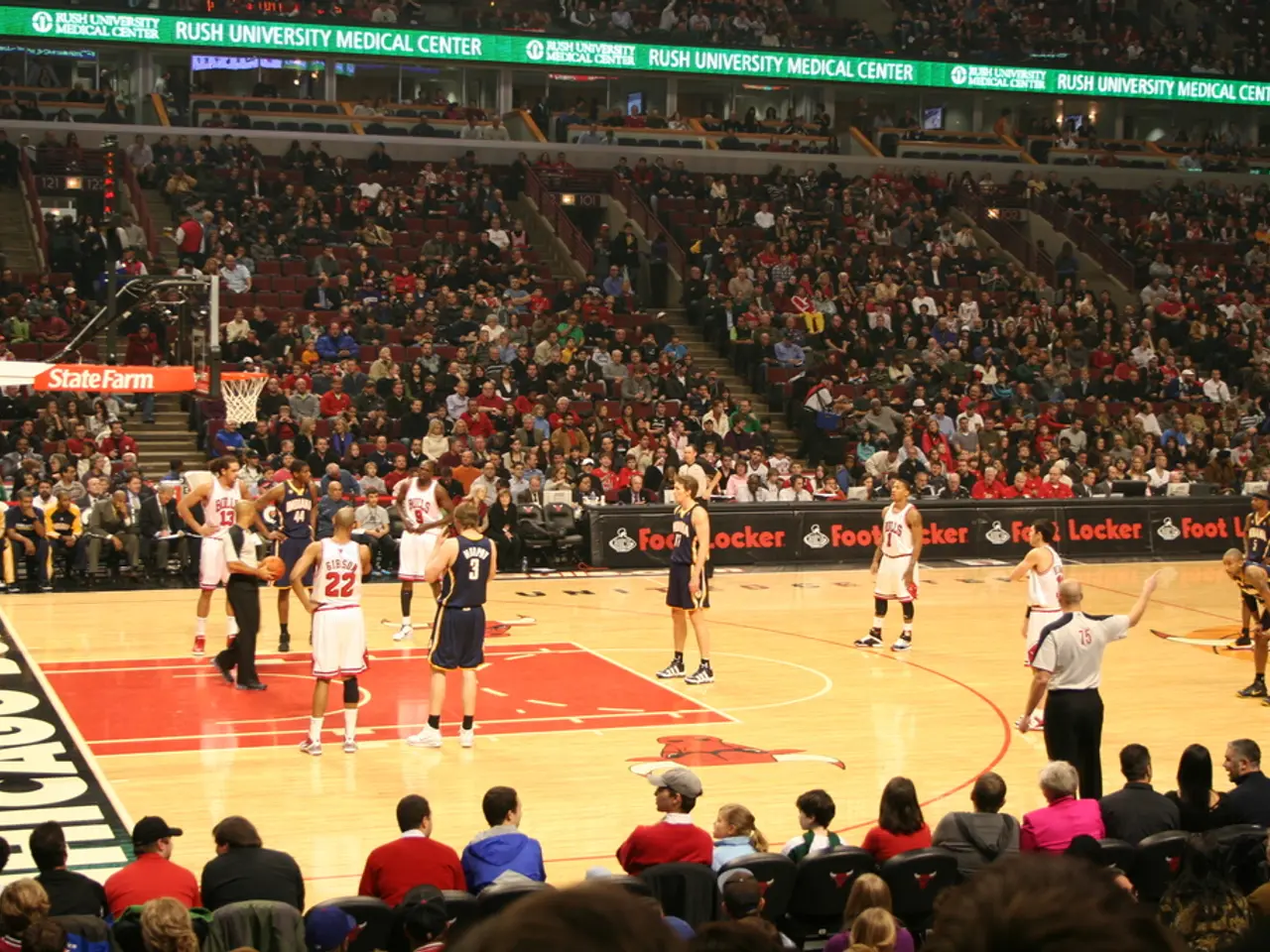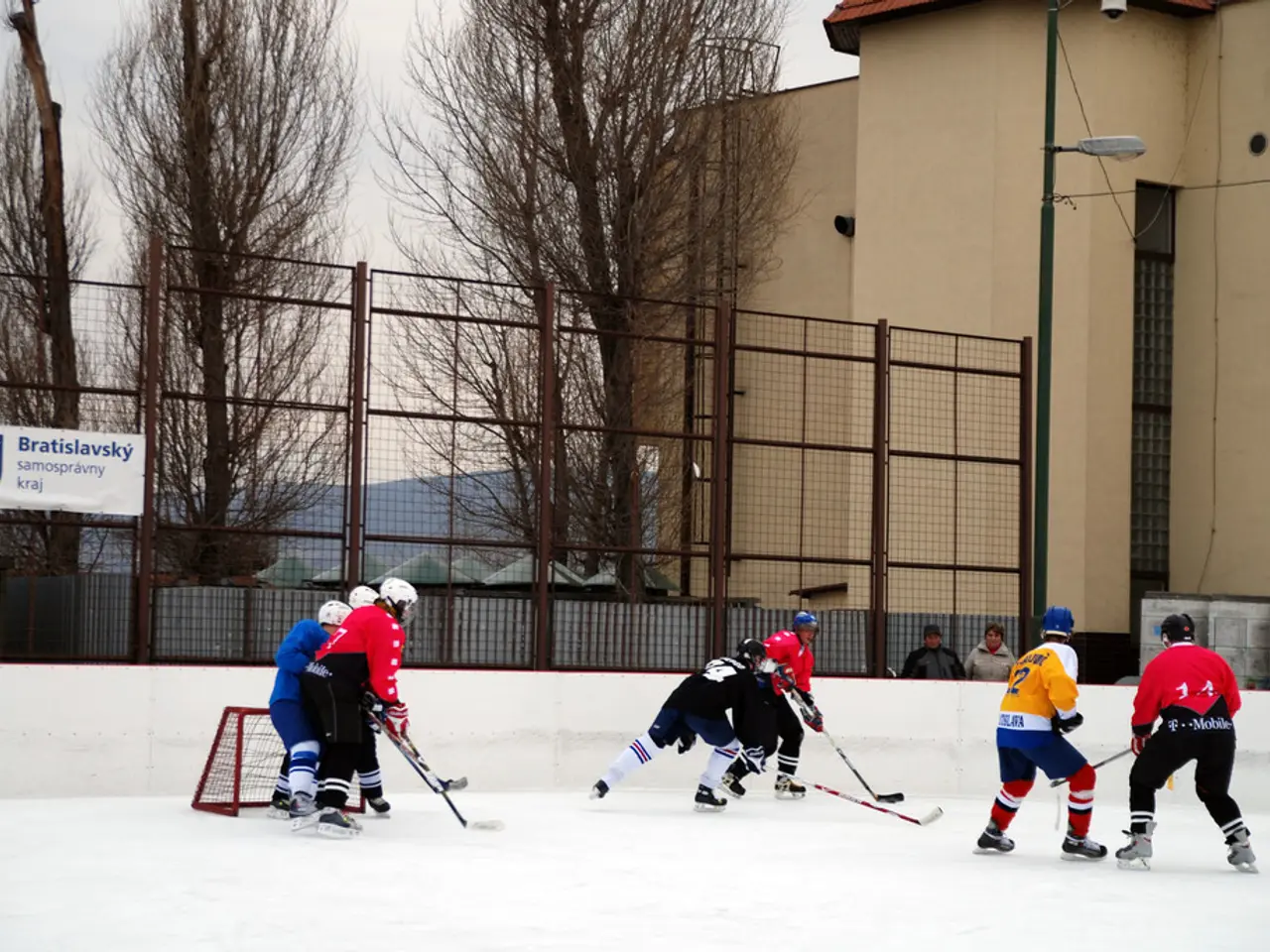University educators from McGill challenge legislation limiting academic staff's right to strike.
Quebec's Bill 89 Under Legal Challenge: McGill Professors Question Constitutionality
Quebec's Bill 89, an act aimed at maintaining essential services during strikes or lockouts, has sparked a constitutional challenge by four faculty associations at McGill University. The bill, passed by the Legault government in May 2025, is currently under review in the Quebec Superior Court.
The McGill faculty associations view Bill 89 as a direct assault on workers' fundamental rights. Evan Fox-Decent, a law professor and president of McGill's Association of Law Professors, has declared that the bill constitutes a frontal attack on workers' right to strike, a minimum irreducible of the freedom of association, as guaranteed by the Canadian Charter of Rights and Freedoms.
The law grants the Labor Minister discretionary power to end any strike deemed detrimental to the population without prescribing clear criteria. It also allows the government to identify by decree a union and an employer where a work stoppage has an impact on the population's well-being. This mechanism, according to the McGill professors, completely destroys the principle of collective bargaining and breaks the power balance between employers and workers.
Barry Eidlin, a professor of social movements and vice-president of McGill's Arts Faculty Association, emphasizes the importance of defending academic freedom in this matter. He fears that the law could subject universities to service requirements during labor disputes, potentially compromising teachers' freedom.
The challenge was filed in the Superior Court, arguing that Bill 89 is unconstitutional. If successful, the judicial review could declare the law invalid from the date it was passed. The outcome of the legal challenge will have implications for all Quebec workers in sectors other than the public and parapublic sectors of the government, as the law does not apply to these sectors.
The McGill University professors' associations, representing over 500 academics from the Faculty of Arts, Faculty of Law, Faculty of Education, and School of Continuing Education, are leading the challenge. They argue that the law unreasonably restricts workers' right to strike, undermining collective bargaining and the balance of power in labour disputes.
As of early August 2025, the legal challenge is active but no court ruling has been reported yet approving or quashing the bill. The government continues to defend its approach, citing the need to ensure essential public services during strikes. Other related labour law reforms remain under consideration but are distinct from Bill 89's provisions.
[1] McGill University faculty associations file legal challenge against Quebec's Bill 89, CBC News, June 1, 2025. [2] Quebec government defends Bill 89 amidst ongoing constitutional challenge, The Montreal Gazette, July 15, 2025. [3] Quebec's Bill 89: What you need to know, Global News, May 31, 2025.
The McGill University faculty associations have argued that Quebec's Bill 89, currently under review in the Quebec Superior Court, unreasonably restricts workers' right to strike and undermines collective bargaining, questioning its constitutionality. Despite this legal challenge, the government has defended the bill, maintaining that it is necessary to ensure essential public services during strikes.
